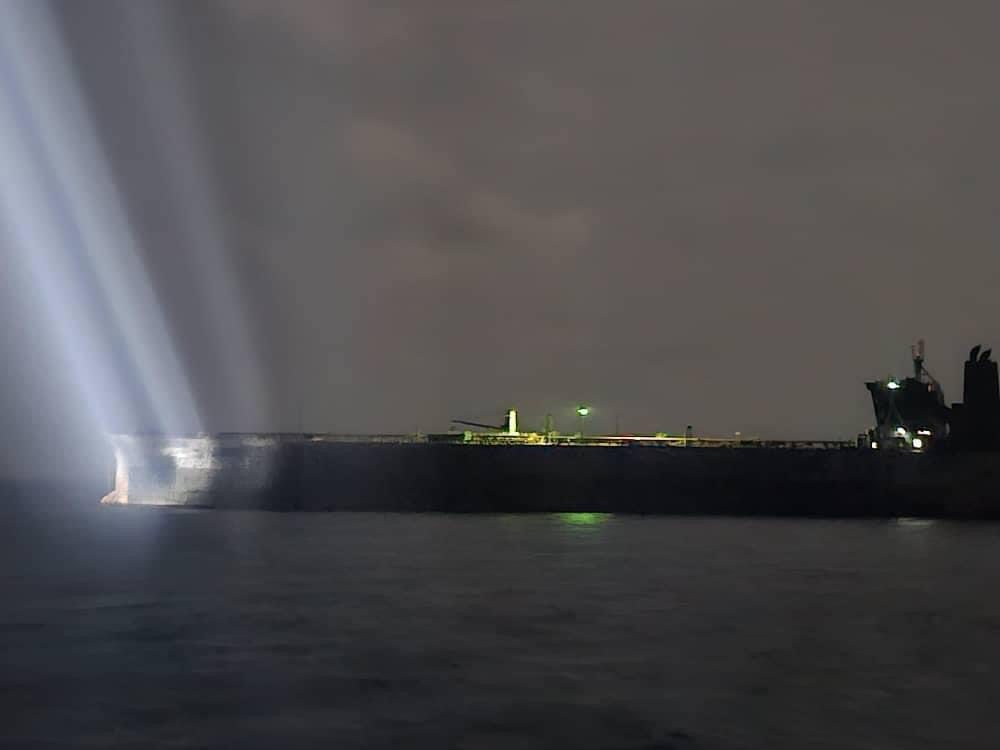The ports of Los Angeles and Long Beach have once again postposed consideration of the “Container Dwell Fee” by another week.
The ports are citing a combined decline of 45% in aging cargo on the docks since the program was announced on October 25, increasing from the 35% reduction reported on week ago. Year-end holidays slowed the progress compared to previous weeks.
The executive directors of both ports will reassess the fee’s implementation no sooner than January 17 after monitoring data over the next week. Fee implementation has been postponed by both ports since the start of the program, originally planned to begin November 15.
Under the temporary policy approved Oct. 29 by the Harbor Commissions of both ports, ocean carriers can be charged for each import container beyond a free period (six or more days for rail-bound containers and nine or more days for containers scheduled to move by truck). The ports plan to charge ocean carriers for lingering containers a cumulative daily fee starting at $100 per container, increasing in $100 increments per container per day until the container leaves the terminal.
The policy, which was originally only planned to remain in place for 90 days, was developed in coordination with the Biden-Harris Supply Chain Disruptions Task Force, U.S. Department of Transportation and multiple supply chain stakeholders. Any fees collected from dwelling cargo will be reinvested for programs designed to enhance efficiency, accelerate cargo velocity and address congestion impacts.
The Port of Los Angeles has announced a similar fee for ocean carriers for dwelling empty export containers, currently set to begin January 30 at the discretion of the Executive Director. Under the policy, ocean carriers will be charged $100 for an empty container dwelling in marine terminals for nine days, and increasing in $100 increments per container per day until the container leaves the terminal.
As of Monday, the Port of Los Angeles was reporting 17,631 import containers sitting nine days or more and 66,430 empty containers at terminals and off-dock depots controlled by the port.
The Port of Long Beach on Monday reported 14,338 truck-bound containers sitting nine days or more and 782 rail-bound containers sitting six or more days.

 Join The Club
Join The Club











